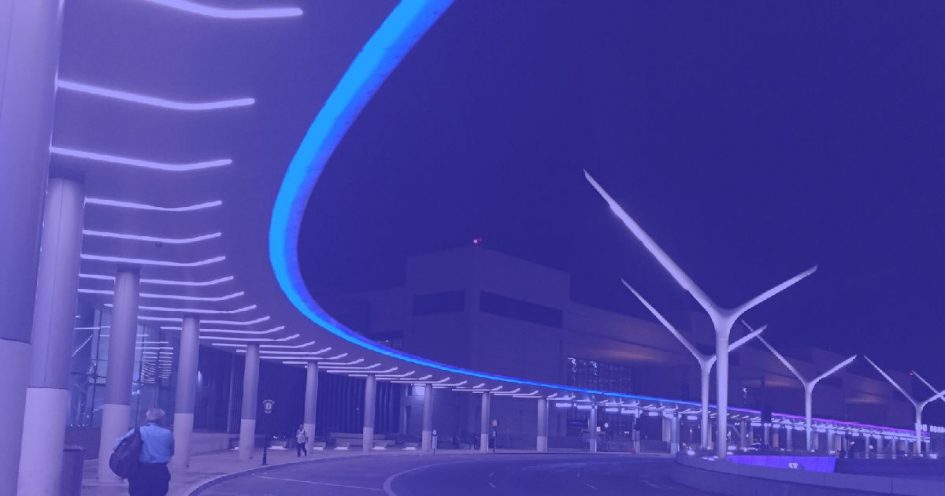Under pressure from a global airline industry, publicly owned airports must strive harder to represent the public interest in all dealings. Airport Lease Agreements must be social contracts that serve the needs of the communities and not just the airlines.
“Many airports have adopted lease and management practices that may effectively cede control over their airport facilities to the dominant carrier.”
-Federal Aviation Administration
“The lease agreement is really crucial. They strengthen the City’s hand in a way that they haven’t had in a decade.”
-John Pletz, Crain’s Chicago Business
Representing the Public Interest in Airline Lease Agreements
Leases between airlines and airports are arguably one of the most fundamental document in shaping the rules of our nation’s airports, but shockingly most fail to fully safeguard the public interest or hold airlines accountable to essential federal, state, and local laws. Even worse, when airlines or their contractors violate our laws, lease agreements provide few, if any, enforcement options.
This didn’t happen by accident—airlines have rigged the rules in their favor and it is critical that airport decision-makers take a close look at airline leases and ensure that they adequately represent taxpayers, working people, and passengers.
Airports are Public Infrastructure – Investments To Serve the People
Our nation’s aviation system was built with our tax dollars and airlines continue to receive an estimated $13 billion in public investments, tax relief, and subsidies every year. Previously, this investment was based on a social contract – clearly spelled out in multiple foundational policies – that the aviation system would be built in the public interest and would uphold key principles including safety, affordability, support for communities, healthy competition and good jobs. But today, airlines use their influence to boost profits at the expense of our jobs and our safety, undermining the social contract.
Airports, as landlords, enter lease agreements with airlines to set the rules for airlines’ use of airport property, how the airport’s costs will be recouped and how non-airline revenues are distributed. But, too often, teams of lawyers negotiate lease agreements behind closed doors, giving airlines tremendous power to shape airport development in ways which undermine the public interest and fail to effectively prohibit corruption and improper practices.
Because airlines benefit from massive and ongoing public investment, airlines and their contractors must do more to comply with our laws, support good jobs, and ensure the safety of all workers and passengers—especially passengers with disabilities.
How to revamp airport leases
Airports should align their practices with the enduring principles that more explicitly recognize workers, taxpayers, travelers, and our communities as critical stakeholders. Here are seven straightforward, sensible lease improvements for airport authorities to make towards ensuring that policies adequately represent taxpayers, working people and passengers.
- Leases Should Advance Public Interests and Give Airports Real Tools To Ensure Compliance.
- Lease Agreements Should Hold Airlines Accountable for Legal Compliance by Contractors and Provide Mechanisms for Enforcement.
- Lease Agreements Should Address Airlines’ Responsibility for Minimizing Labor-Management Disputes.
- Airline Leases Should Limit the Power of a Handful of Airlines to Shape Airport Development Contrary to Public Interests.
- Airline Leases Should Reinforce Human Rights including Access and Non-Discrimination for Persons with Disabilities.
- Leases should enlist airlines in protecting public safety.
- Leases Should Include Enforceable Bans on Corruption and Improper Practices by Airlines.
